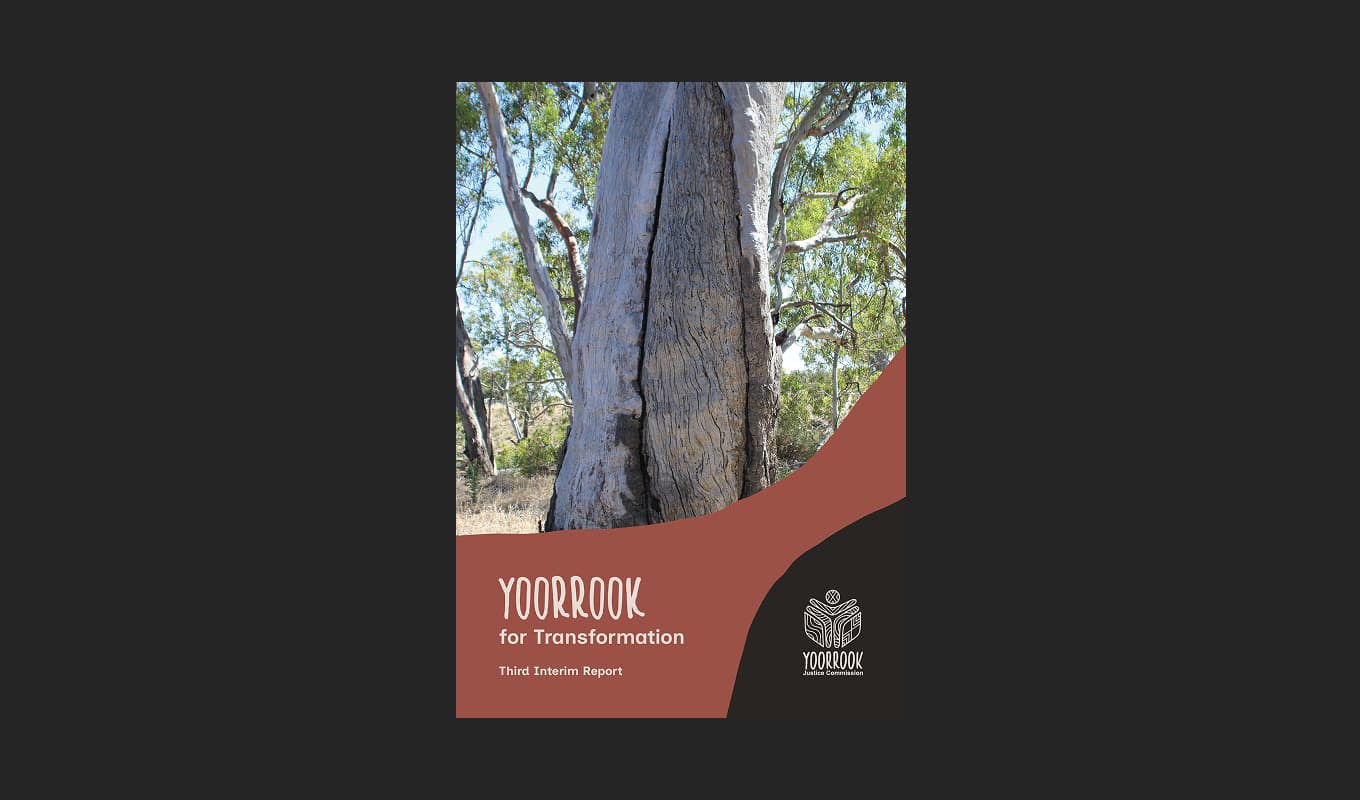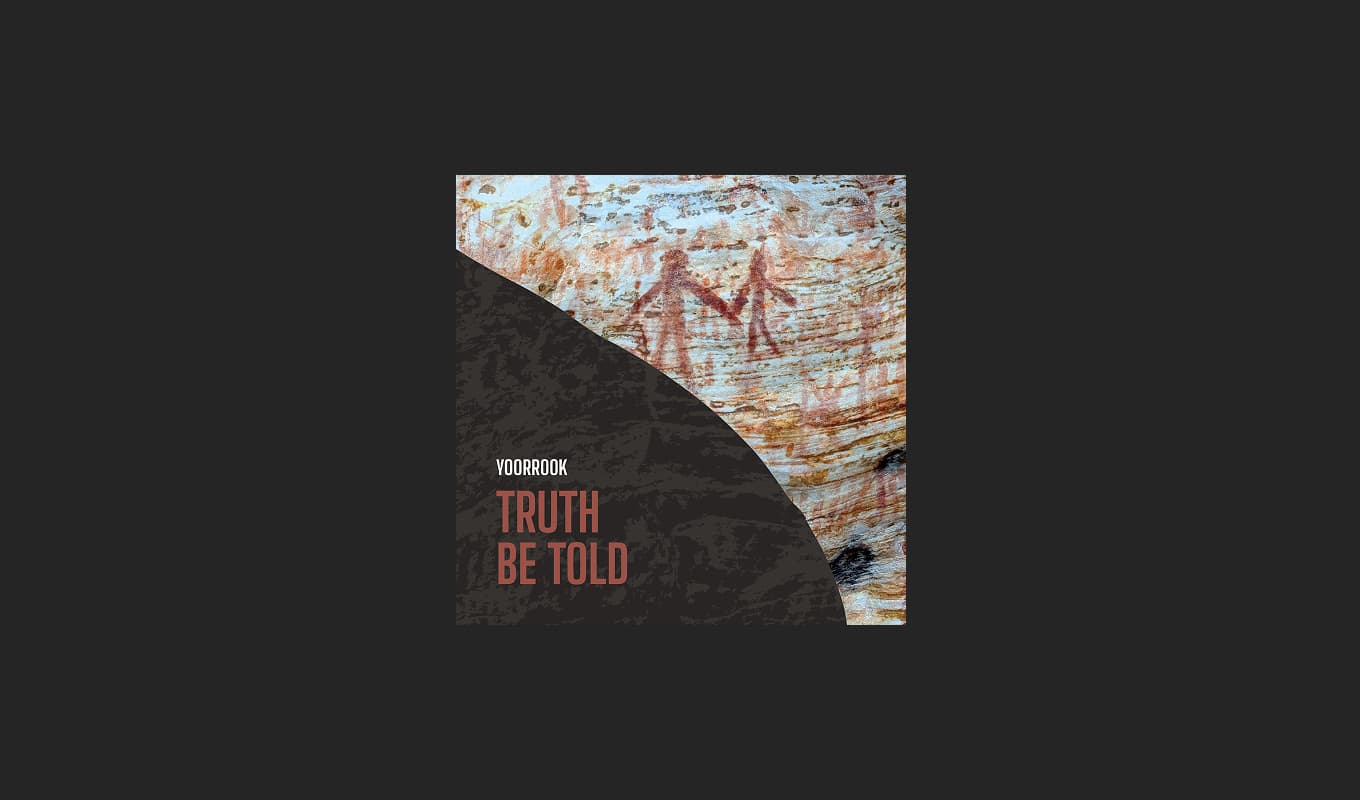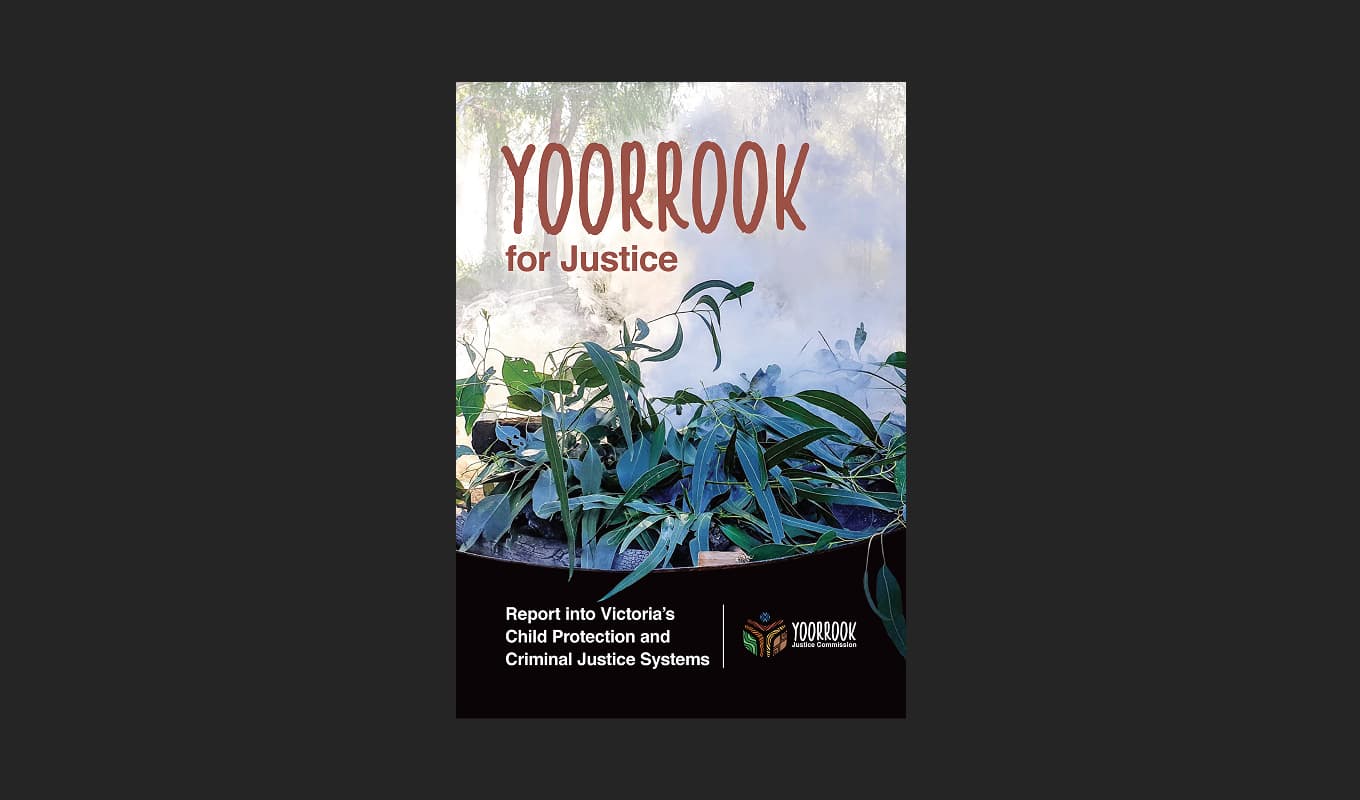Logan Timmins
Logan Timmins reflects on the devastating impacts of Victoria's colonisation, including massacres, genocide, and punitive rules. They criticise the shallow education on First Nations history and advocate for dedicated school subjects, cultural awareness, and proper acknowledgment of Country. They suggest non-First Nations Victorians listen, research, and support First Nations initiatives, and promote First Peoples' history and culture through government-supported festivals, exhibits, and media representation.
Submission Transcription
I know some of the stories of Corranderk – how mob agreed to play by white rules and were constantly cheated. I know that Corranderk is not the only example of the goal posts and rules being changed on Indigenous people to prevent them from having any sort of power or agency over their own lives. I know of the 300+ massacres that are recorded (and acknowledge there are likely many more). I know there were many more deaths not counted as massacres. I know tools of genocide outside of direct murder were used. I know that the Indigenous population of Victoria dropped significantly after colonisers arrived. I know whole mobs were killed and their stories and traditions no longer spoken. I know that punitive rules were put on mob to control every facet of their lives, including where they could live, who they could marry, and their access to health care. I know that these tools of colonisation all together had devastating impacts during their time, and continue to have impacts on mob. Generations of lack of access to health care, restricted movement and housing, and excessive policing have created intergenerational wounds. I know that in some ways, colonisation is still happening less so through outright genocidal intent and more through ignorance, though racism against Indigenous mob is still rampant.
In high school my knowledge was based purely on the movie The Rabbit Proof Fence. While a devastating story, it was portrayed (at least through my education) as something of the past. ‘This was so terrible, we should be sad… and now back to happy cos that’s all in the past!’ I had no understanding or concept of the ongoing impacts of colonisation, nor how they are still perpetuated today. It was not at all comprehensive. In hindsight it feels like a shallow, performative introduction in order to tick a government-mandated box, lacking depth, analysis or any sort of care.
I would like to see an entire subject in schools dedicated to learning about Australia’s history of colonisation, about local mob and their stories and culture, about bush food and bush medicine, about mob’s dances songs, and I want these taught by mob. I want to see adding Country to addresses when sending mail become the norm. I want to see acknowledgement of Country be less rote and robotic. I want days in the calendar celebrating times of the year important to mob. I want a day of mourning for mob. I want street signs and exhibit signs in language. I want media representation in books, TV, film.
Listen to story, do our own research, attend events run by mob open to non-First Nations folks, Pay The Rent, support First Nations projects/crowdfunds/initiatives, attend marches and vigils.
Listen to story, do our own research, attend events run by mob open to non-First Nations folks, Pay The Rent, support First Nations projects/crowdfunds/initiatives, attend marches and vigils.
Truth-teller consent
Contact us about this submission
Contact us if you’d like to discuss this submission.
Similar submissions
Explore submissions from other witnesses that discuss similar topics.
Mary Hassall
This submission is from Mary Hassall, a descendant of James Hassall, after whom the Hassall creek on Gunditj Country is named. It discusses her resear... more
Viki Sinclair (Fowler)
Viki Sinclair is a direct descendant of one of the original settlers of Gippsland, Colin McLaren. In this submission, she tells her personal story of... more
Gayle Carr
Gayle Carr makes this submission on behalf of herself, Kathryn Williamson and the late Diana Halmarick. It outlines the range of historic reference ma... more
Gerard Finnigan
Gerard Finnigan is a non-Aboriginal person who grew up on Gunditjmara Country and has been mentored by and worked with First Peoples throughout his li... more
Reports and Recommendations
Read the official reports and recommendations of the Yoorrook Justice Commission.

Yoorrook for Transformation
Third Interim Report: A five-volume comprehensive reform report presenting evidence and findings on systemic injustices, and specific recommendations for meaningful change to transform the future.

Truth Be Told
An official public record that documents First Peoples experiences since colonisation, preserves crucial testimonies for future generations and creates an enduring resource for education and understanding.

Recommendations for change
Yoorrook Justice Commission’s recommendations for truth-telling, justice, and systemic reform in Victoria.
